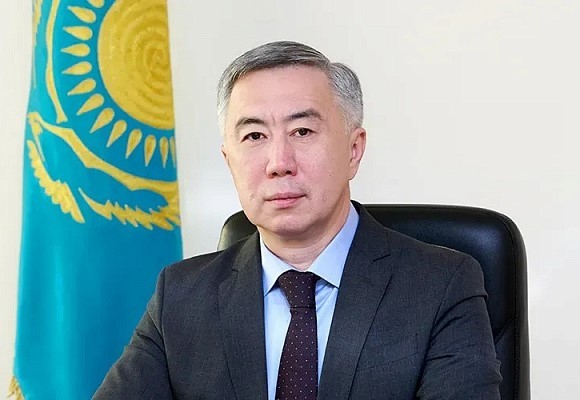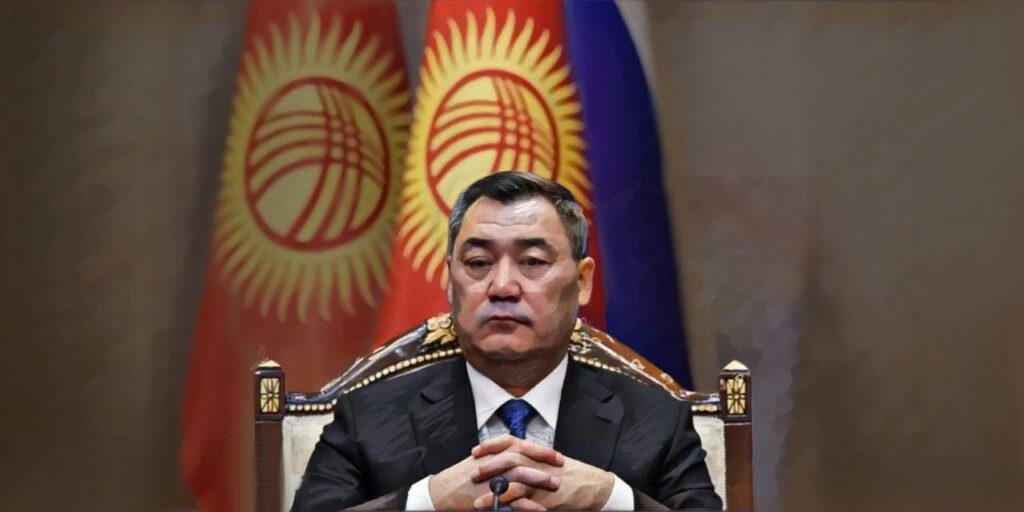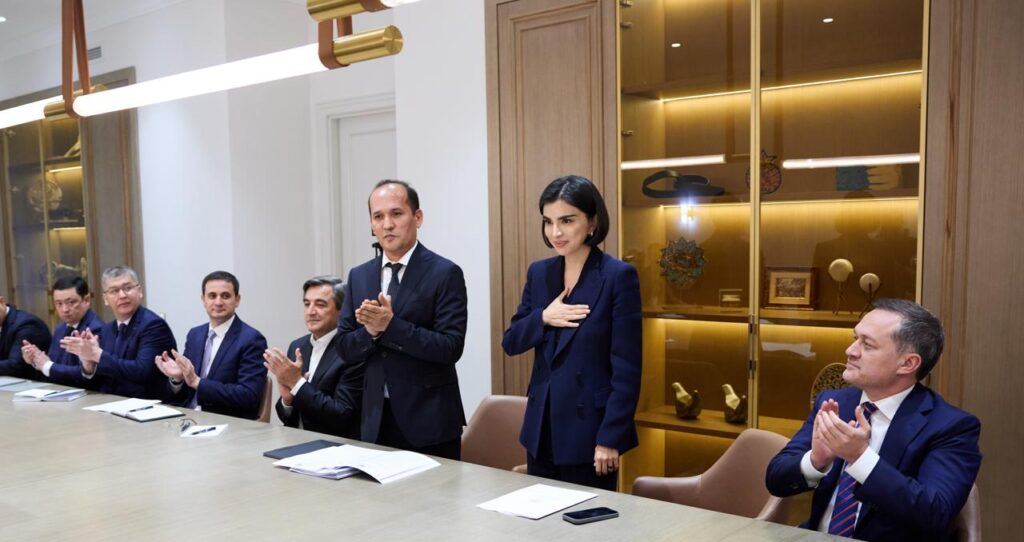Kazakh President Kassym-Jomart Tokayev replaced the economy minister on Saturday, a move that came as Kazakhstan struggles with a depreciating currency even though it earned international praise for economic prudence in recent months. The Cabinet change also comes ahead of the January inauguration of U.S. President-elect Donald Trump, who has warned of more tariffs in his second term.
Nurlan Baibazarov, who was appointed as deputy prime minister and national economy minister in February, was replaced by Serik Zhumangarin, an experienced hand whose previous posts included deputy economy minister, trade minister and head of Kazakhstan’s Agency for Protection and Development of Competition. He was also among the several deputy prime ministers in the Cabinet and retains that title as well.
Zhumangarin was tasked in his new job with ensuring Kazakhstan’s economic growth, implementing structural changes and improving budget and tax policies, according to the prime minister’s office.
“In addition, the Ministry of National Economy needs to pursue a balanced policy of business support and a balanced policy of tariff regulation in order to ensure economic growth in priority sectors,” the office said.
While global economic policy-makers are preparing for uncertainty over planned tariffs and other measures when Trump takes office, the president-elect and Tokayev agreed in a telephone conversation this month to collaborate on trade, investment and other areas.
In September, the Moody’s Ratings agency upgraded Kazakhstan’s long-term local and foreign currency issuer ratings to Baa1 from Baa2 and changed the outlook to stable from positive. Moody’s applauded institutional and economic reforms in Kazakhstan, as well as efforts to diversify and move away from hydrocarbons, but warned of the risk of geopolitical tensions and “secondary” sanctions related to Western economic pressure on Russia because of the war in Ukraine.
In October, the International Monetary Fund predicted GDP growth in Kazakhstan of 3.9% for 2024, with growth expected to increase in 2025 despite uncertainty. It applauded what it called Kazakhstan’s tight monetary policy and commitment to exchange rate flexibility.
Even so, Kazakhstan’s currency later came under increased pressure. The central bank said early this month that it had spent more than $1 billion in foreign exchange interventions since mid-November in an effort to stabilize the declining currency, which passed the threshold of 500 tenge to the U.S. dollar and hit record lows. Kazakh officials attributed the drop to the global appreciation of the dollar, a decrease in oil prices, the falling Russian ruble and other factors.
Born in 1969 in Aktobe, Kazakhstan, Zhumangarin, the new economy minister, has also worked on competition and antitrust regulation for the Eurasian Economic Commission, a regulatory body that oversees the Eurasian Economic Union. The group aims at integrating the economies of the former Soviet states of Kazakhstan, Kyrgyzstan, Russia, Armenia and Belarus.









